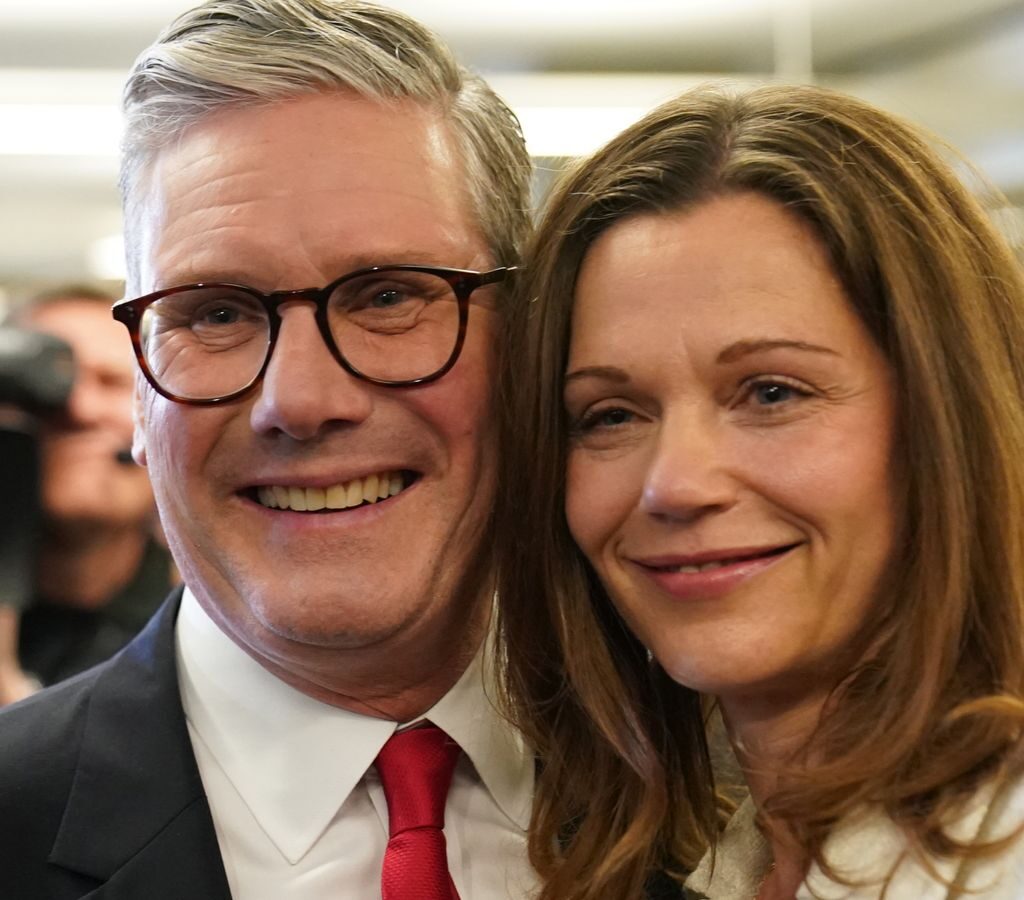Politics
Labour Party’s Keir Starmer Wins 2024 UK General Election
In a historic turn of events, the UK’s General Elections saw the Labour Party, led by Keir Starmer, emerge victorious in a landslide victory. The election results marked a significant shift in the country’s political landscape, as the Labour Party returned to power after more than a decade in opposition. Rishi Sunak, the leader of the Conservative Party, conceded defeat and acknowledged the voters’ “sobering verdict“. Let’s delve into the details of the election outcome and its implications for the future of the UK.
Labour Party’s Triumph and Keir Starmer’s Vision

With a resounding victory, the Labour Party secured 412 seats in the 650-seat House of Commons, while the Conservatives managed to win only 121 seats. This outcome marked the Conservatives’ worst result in their two-century history. Keir Starmer, the 61-year-old leader of the Labour Party, will now assume the role of the UK’s next prime minister.
In his first official remarks, Starmer vowed to lead a “government of service” on a mission of national renewal. He acknowledged the disillusionment and cynicism among the people but expressed his commitment to restore faith in government.
Rishi Sunak Conceed defeat and bid Farewell
Rishi Sunak, the leader of the Conservative Party and the incumbent prime minister, conceded defeat and delivered a reflective farewell speech. He expressed his honour of having served as the prime minister and apologized for the loss suffered by the Conservative Party. Sunak recognized the anger and disappointment of the voters and took responsibility for the defeat. He emphasized the need to rebuild Britain and pledged to do so brick by brick, focusing on the infrastructure of opportunity.
Challenges Ahead for Keir Starmer and the Labour Party
While the Labour Party’s victory is undoubtedly a massive triumph, it also brings significant challenges for Keir Starmer and his party. The electorate, weary and impatient for change, expects the new government to address economic malaise, distrust in institutions, and social issues. Starmer promised that “change begins now” and aims to deliver a stable government with a focus on medium-term objectives. The task ahead involves tackling rising poverty, crumbling infrastructure, and an overstretched National Health Service.
Cabinet Appointments and Key Positions
Keir Starmer wasted no time in forming his Cabinet and appointing key government ministers to address the pressing issues facing the country. Rachel Reeves, a former Bank of England economist, has been appointed as the Treasury chief, becoming the first woman to hold this position. This appointment reflects Starmer’s commitment to diversity and inclusivity in his government. Other notable appointments include David Lammy as the foreign secretary, Yvette Cooper as the home secretary, and John Healey as the defence secretary.
Pat McFadden, Labour’s national campaign coordinator, has been appointed as the Chancellor of the Duchy of Lancaster, the most senior minister in the Cabinet after the prime minister.
Implications for the Future
The outcome of the UK’s General Elections has significant implications for the future of the country. The Conservative Party’s historic defeat and the Labour Party’s return to power signal a desire for change among the electorate. The incoming Parliament will be more fractured and ideologically diverse than in previous years, with smaller parties gaining seats and influence.
The election results also highlight the need for the new government to address pressing issues such as the economy, immigration, and social welfare. Keir Starmer and his Cabinet face the challenge of delivering on their promises and rebuilding public trust in government.
UK’s General Elections witnessed a landslide victory for the Labour Party, led by Keir Starmer, who will now assume the role of the country’s next prime minister. Rishi Sunak, the leader of the Conservative Party, conceded defeat and expressed his commitment to rebuilding Britain. The election outcome brings both triumph and challenges for the Labour Party, as they aim to address pressing issues and restore faith in government. The appointments of key government ministers reflect Starmer’s vision for a diverse and inclusive government. The implications of the election results will shape the future of the UK and its political landscape.


